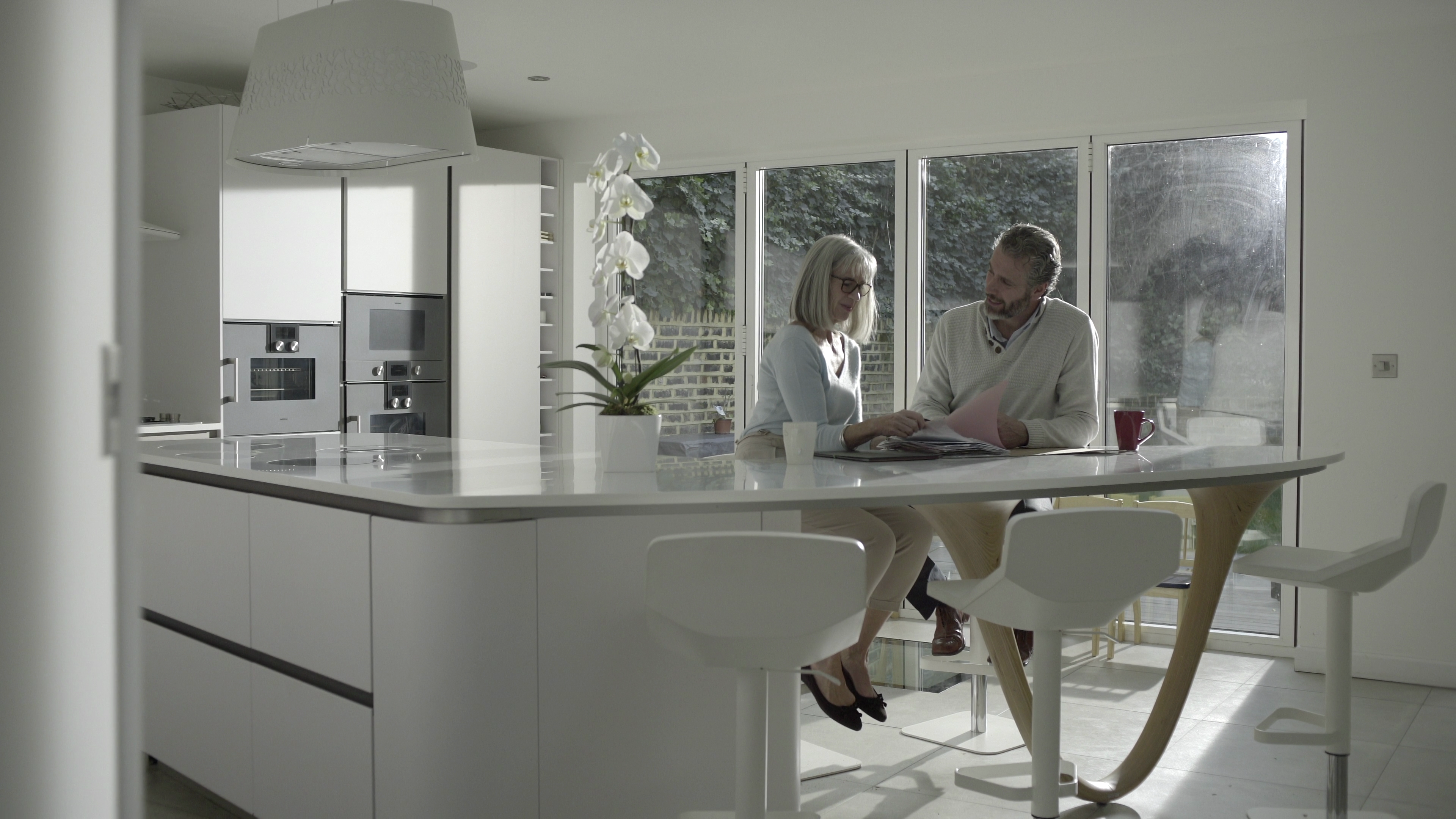Building credit is crucial in achieving financial stability and access to various financial products, such as loans, credit cards, and mortgages. Good credit can lead to lower interest rates, higher credit limits, and better terms on financial products. If you’re starting from scratch or looking to improve your credit score, here’s a comprehensive guide to help you build credit effectively.
Understand the Basics of Credit
Credit scores range from 300 to 850 and are calculated based on payment history, amounts owed, length of credit history, new credit, and types of credit used. The most commonly used credit scoring models are FICO and VantageScore. Understanding what affects your credit score is the first step in building and maintaining good credit.
Start with a Secured Credit Card
A secured credit card is an excellent option for those with no credit history or poor credit. Secured cards require a cash deposit as collateral, typically your credit limit. Use the card responsibly by making small purchases and paying off the balance in full each month. Over time, this can help establish a positive credit history.
Become an Authorized User
Ask a family member or friend with good credit to add you as an authorized user on their credit card. This allows you to benefit from their positive credit history without being responsible for the payments. Ensure the primary cardholder has a solid payment history and low credit utilization.
Apply for a Credit-Builder Loan
Credit-builder loans are explicitly designed to help individuals build credit. With these loans, the borrowed amount is held in a bank account until you repay the loan in full. Your payments are reported to the credit bureaus, helping you build a positive credit history. These loans are often available through credit unions and community banks.
Make Timely Payments
Payment history is the most significant factor in your credit score. Always pay your bills on time, including credit cards, loans, utilities, and other recurring expenses. Consider setting up automatic payments or reminders to ensure you never miss a due date.
Keep Credit Utilization Low
Credit utilization, or the amount of available credit you use, is another critical factor in your credit score. Aim to keep your credit utilization below 30%. For example, if you have a credit limit of $1,000, try to keep your balance below $300. Paying off your balance in full each month is the best way to manage utilization.
Diversify Your Credit Mix
A mix of credit accounts, such as credit cards, installment loans, and retail accounts, can positively impact your credit score. However, only open new accounts when necessary, as too many inquiries in a short period can negatively affect your score.
Monitor Your Credit Report
Regularly check your credit report to ensure accuracy and identify any potential issues. You’re entitled to a free credit report from each of the three major credit bureaus (Equifax, Experian, and TransUnion) once a year through AnnualCreditReport.com. Dispute any errors you find to ensure they don’t negatively impact your score.
Be Patient and Consistent
Building good credit takes time and consistent effort. Use credit responsibly, make timely payments, and keep your balances low. Over time, your credit score will improve, opening up more financial opportunities.
Conclusion
Building credit is an essential aspect of financial health. By understanding the factors influencing your credit score and taking strategic steps to build a positive credit history, you can achieve economic stability and access better financial products and services. Stay disciplined, monitor your progress, and be patient while working towards a strong credit profile.















